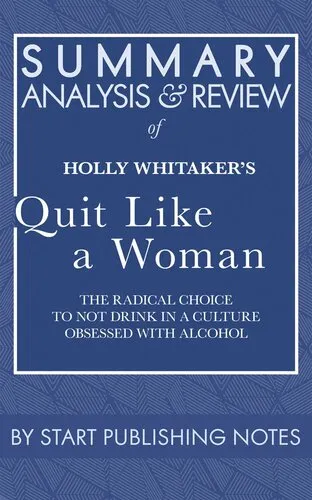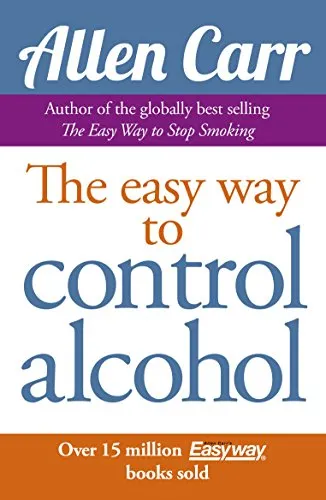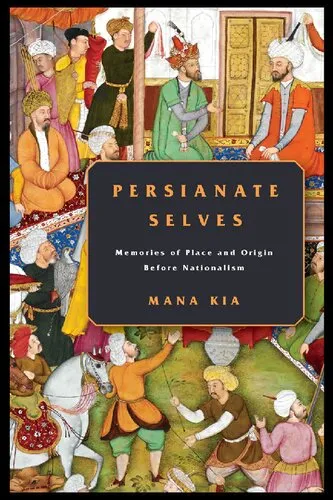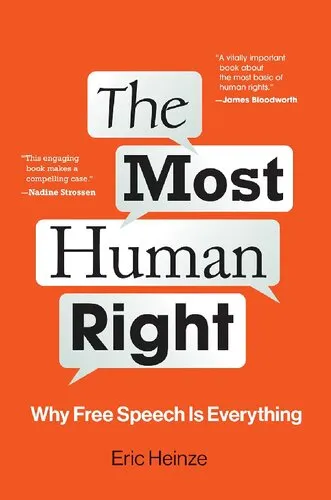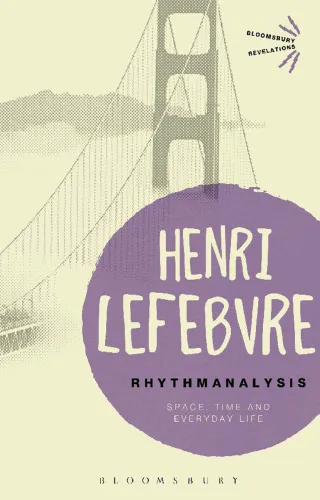Summary, Analysis, and Review of Holly Whitaker's Quit Like a Woman: The Radical Choice to Not Drink in a Culture Obsessed with Alcohol
4.4
Reviews from our users

You Can Ask your questions from this book's AI after Login
Each download or ask from book AI costs 2 points. To earn more free points, please visit the Points Guide Page and complete some valuable actions.Related Refrences:
Introduction
Holly Whitaker's thought-provoking book, Quit Like a Woman: The Radical Choice to Not Drink in a Culture Obsessed with Alcohol, dives into the profound cultural dynamics surrounding alcohol consumption, particularly through the lens of modern societal expectations. This deeply personal and eye-opening exploration challenges societal norms and unveils the entrenched, yet often invisible, power structures that keep the alcohol industry thriving. In her groundbreaking work, Whitaker argues that we live in a culture that glamorizes alcohol as a tool for connection, relaxation, and empowerment, but at the same time, neglects the reality of its pervasive harm.
This book is not just a memoir or a self-help guide—it is a radical call to action for anyone questioning their relationship with alcohol, especially women. Whitaker provides readers with both personal insights and practical advice, empowering them to dismantle the stigma of sobriety and embrace a life free from the societal pressures to drink. By blending personal narrative with scientific research, cultural critique, and spiritual exploration, Quit Like a Woman redefines what it means to live sober in a world profoundly shaped by alcohol marketing and consumption.
In this summary, analysis, and review, we distill the key themes, ideas, and arguments presented in Whitaker's book. We aim to provide readers with critical insights into her transformative approach to quitting alcohol and offer actionable takeaways that resonate beyond sobriety—addressing elements such as self-empowerment, gendered expectations, and holistic health. If you are looking for a fresh perspective on the role of alcohol in your life, this overview will help you navigate Whitaker's compelling framework and inspire a deeper level of self-reflection.
Detailed Summary of the Book
Holly Whitaker begins her journey by examining her personal struggles with alcohol and the societal narratives that have long perpetuated its use. She shares her realization that, despite being glamorized, drinking had deep, negative implications for her physical and mental health. More importantly, she highlights how the alcohol industry aggressively markets its products—often targeting women—while cleverly disguising itself as a harmless, even necessary, part of life.
The book navigates through Whitaker’s path to recovery outside of traditional frameworks, such as Alcoholics Anonymous (AA), which she critiques for its patriarchal and religious underpinnings. Instead, she introduces alternative methods, including mindfulness, self-care practices, and a focus on addressing systemic inequalities that influence addiction. At its core, this book isn’t merely about quitting alcohol; it’s about breaking free from oppressive societal frameworks, fostering individual sovereignty, and reclaiming personal power.
Whitaker also delves into how alcohol disproportionately affects women, both culturally and biologically, connecting her narrative to broader issues of feminism, mental health, and corporate manipulation. Throughout the book, she emphasizes the importance of rejecting societal pressures, embracing imperfection, and courageously choosing authenticity over conformity.
Key Takeaways
- Alcohol is not as harmless as it is portrayed. The societal glorification of drinking often obscures its destructive effects on physical, mental, and emotional health.
- Alcohol impacts women uniquely. Women face specific challenges with alcohol due to targeted marketing and biological differences, which often amplify its harmful consequences.
- Sobriety is a radical choice. Choosing to quit alcohol is a form of resistance against societal norms and a step toward reclaiming personal power and independence.
- There are multiple paths to recovery. Traditional recovery models may not work for everyone, and it’s crucial to explore alternative tools tailored to individual needs.
- Living authentically begins with self-awareness. Becoming conscious of the systems influencing one’s choices is essential to living a life of greater freedom and authenticity.
Famous Quotes from the Book
"Giving up alcohol is like stepping out of the Matrix. It opens up possibilities that are impossible to see when you’re drinking."
"The problem isn’t you. It’s the profoundly dysfunctional culture we live in, one that celebrates overconsumption and normalizes self-sabotage."
"Sobriety isn’t a punishment, it’s a privilege. Choosing not to drink is an act of radical self-care."
Why This Book Matters
Holly Whitaker’s Quit Like a Woman is much more than a book about quitting alcohol—it is a manifesto that examines the intersection of addiction, gender, and societal expectations. In a culture that glorifies drinking as a means of social bonding, stress relief, and empowerment, Whitaker dares to expose the harmful underbelly of this narrative. By blending heartfelt storytelling with a sharp critique of systemic issues, she reframes sobriety as not only a personal choice but also a rebellion against oppressive cultural norms.
This book not only challenges widespread assumptions about alcohol but also inspires self-reflection and empowerment. Whether you’re sober-curious, struggling with addiction, or simply interested in understanding how culture influences personal choices, Whitaker’s message of freedom and authenticity resonates on multiple levels. Quit Like a Woman is a groundbreaking roadmap for anyone seeking a healthier, more conscious life in a world dominated by substance use and societal expectations.
Free Direct Download
You Can Download this book after Login
Accessing books through legal platforms and public libraries not only supports the rights of authors and publishers but also contributes to the sustainability of reading culture. Before downloading, please take a moment to consider these options.
Find this book on other platforms:
WorldCat helps you find books in libraries worldwide.
See ratings, reviews, and discussions on Goodreads.
Find and buy rare or used books on AbeBooks.
1484
بازدید4.4
امتیاز0
نظر98%
رضایتReviews:
4.4
Based on 0 users review
Questions & Answers
Ask questions about this book or help others by answering
No questions yet. Be the first to ask!
